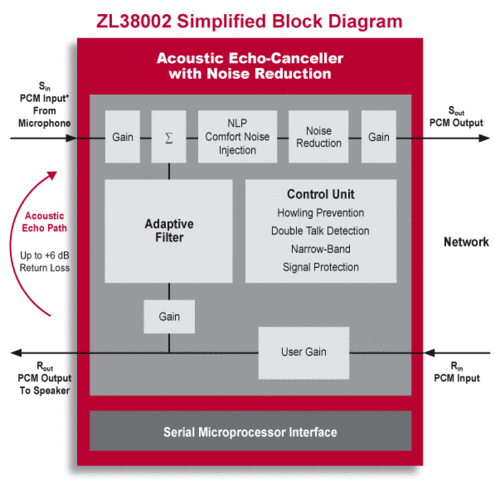

The HD AEC algorithm eliminates acoustic echo in difficult conditions such as unbalanced speech levels, close speaker to mic proximity, background noise, wind noise, double talk, and echo path changes.Īdaptive Digital’s HD AEC acoustic echo cancellation technology can be found in a wide range of applications, like IP Intercom Systems, Conference Speakerphones for both large and small conference rooms/huddle rooms, IP Desk Phones, Mobile Handsets, Radio over IP, and essentially anywhere where voice quality is affected by adverse room conditions. HD AEC has, has integrated both Noise Reduction, and Automatic Gain Control (AGC) into its AEC algorithm.Īdaptive Digital’s HD AEC software product provides superior voice clarity and true full duplex performance enabling simultaneous communication with no delay under a wide range of acoustic environments for both outdoor and indoor applications.Īdaptive Digital uses a proprietary fast converging adaptive filter, and non-linear processor to deliver robust double talk performance both indoors and even in unpredictable outdoor conditions. If you are using a uni directional capsule you will need to pay careful attention to the porting of the enclosure or the response of the mic will be odd.Again distortion is bad news as the echo canceller won't be able to model it.Acoustic Echo Cancellation (AEC ) is used to cancel acoustic feedback between a speaker and a microphone in loud-speaking audio systems, teleconferencing devices, hands free mobile devices, and voice-controlled systems.Īdaptive Digital’s high definition acoustic echo canceller (HD AEC™) is exceptional at handling echo. Measure the response and distortion of the microphone in the enclosure. The echo canceller will not be able to model non-linear behaviour in the speaker. Measure the speaker distortion in the enclosure and if there are any significant spikes try using an EQ to pull that band down. Minimise as far as possible the acoustic coupling in your enclosure between the microphone and speaker If it isn't stable then the adaptive filter in the echo canceller will either never converge or will have to keep reconverging every time it changes. The bulk delay is the(hopefully fixed) time in software and hardware between feeding a sample out the speaker path and receiving it back in the microphone path. There are a few things you can do to improve the performance of the echo canceller: The Speex audio codec includes a fairly good adaptive echo canceller which can be used standalone.


 0 kommentar(er)
0 kommentar(er)
